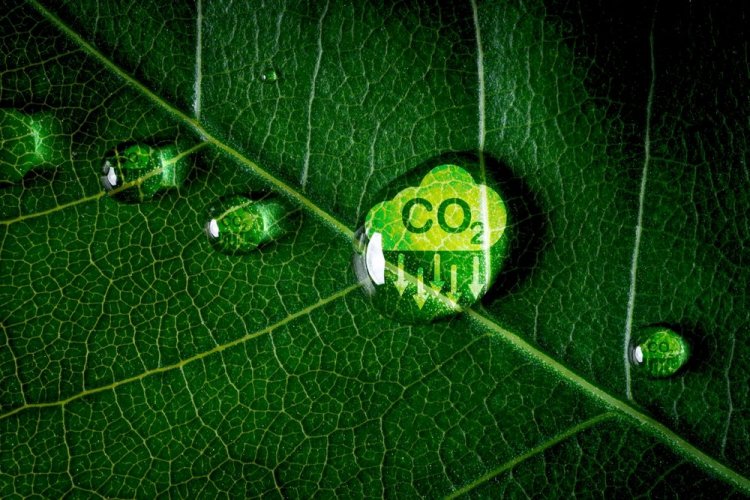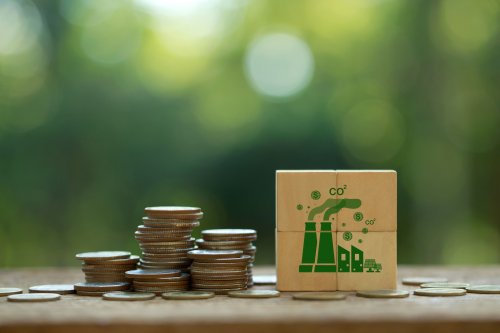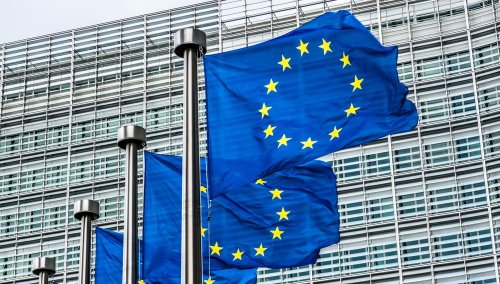The European Carbon Border Adjustment Mechanism (CBAM) will soon come into force and will force a significant number of European importers to change their business models or refuse to import from third countries altogether.
This was warned by Stanislav Zinchenko, Director of GMK Center.
In June 2022, the European Parliament adopted a decision on the carbon tax. The agreement includes a phased phase-out of free allowances in sectors covered by the CBAM starting from 2027 to 2032.
In this regard, in the second half of 2024, difficulties similar to those experienced during the pandemic are possible. They will be caused by the fact that almost 50% of European importers do not know when they will be able to report actual carbon emissions in the CBAM reporting. This problem will become absolutely real after July, as indicative emissions will no longer be used in reporting.
It is worth being ready for the reformatting of trade flows, because many countries are actively discussing the implementation of mechanisms similar to CBAM. Yes, Great Britain declared its intention to introduce a carbon adjustment mechanism from 2026. The Australian government is studying the feasibility of introducing tariffs for the import of carbon-intensive products. In South America, the local association of steel producers supports the idea of creating a regional CBAM. We will remind that the USA is also implementing its CBAM. In Congress, a draft law was introduced, which introduces a fee for carbon dioxide emissions not only for importers, but also for domestic producers.
Another consequence of the strengthening of the requirements for the reporting of CBAM will be an increase in the financial burden on carbon-intensive imports, and therefore, an increase in the price of the corresponding goods. The competitiveness of such products will decrease compared to imports from countries that do not have such high carbon prices or do not pay them at all.
Ukrainian exporters try to support their European customers, providing them with all the necessary information whenever possible. But the solution of the current problems in the sphere of CBAM is within the competence of the European Commission and the national competent bodies of the EU participants. And here's why:
- The European technical platform for collecting CBAM reports in January could not withstand the existing volume of loads, so it must be improved.
- Not all importers were able to obtain a sufficient amount of information regarding CBAM. Why? Because educational events were conducted only in English and for a limited number of participants and did not cover all interested persons in the EU and importing countries.
- Different requirements in the European Union countries regarding registration in the CBAM register have created difficulties for companies operating simultaneously in several jurisdictions.
- The biggest problem is that the methodology for calculating the carbon footprint, set out in the CBAM regulations, is not fully understood. Therefore, questions often arise regarding the need to take into account certain aspects of emissions. It is because of this that few companies were able to provide information on actual CO2 emissions. 80% of received reports on CBAM were based on indicative emissions (default values) approved by the European Commission.
Some companies provided the information they had about the carbon footprint, but their calculation method did not correspond to the one prescribed in the CBAM certificates.
All these difficulties force European importers to think about changing their own business models, to look for suppliers who can provide data on actual CO2 emissions, or to refuse imports altogether. This will entail massive problems in value chains and affect the redistribution of markets.
Earlier, EcoPolitic wrote, that in June 2022, MEPs agreed on new conditions for ETS and CBAM.





